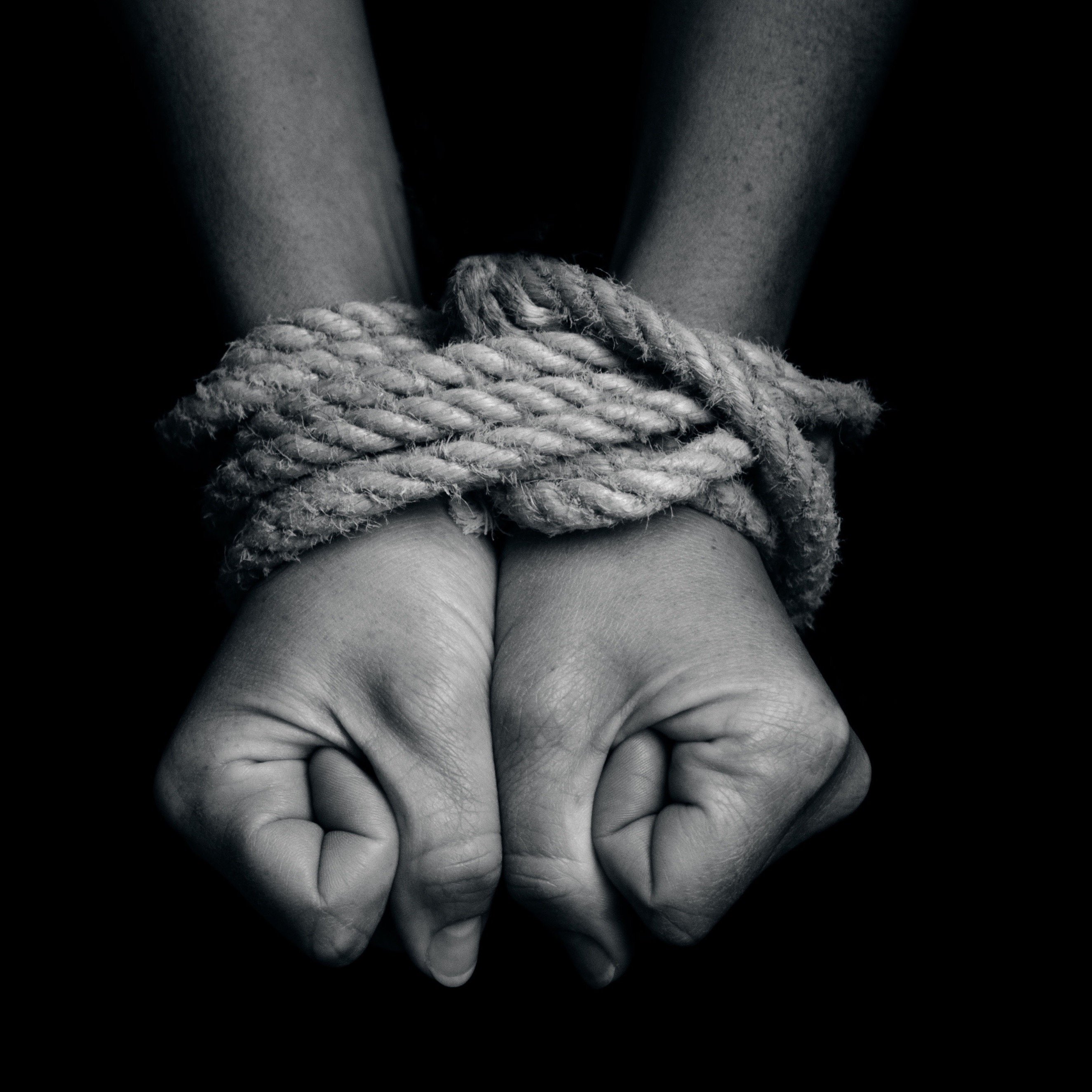Human trafficking
The recruitment, transportation, transfer, harboring or receipt of persons, by means of the threat or use of force or other forms of coercion, of abduction, of fraud, of deception, of the abuse of power or of a position of vulnerability or of the giving or receiving of payments or benefits to achieve the consent of a person having control over another person, for the purpose of exploitation is counted in the acts of human traficking.
causes of human traficking are
1.Poverty- Poverty is one of the largest contributors to human trafficking. It can drive people to become traffickers; it can drive parents to sell children or other family members into slavery. People in poverty are targeted by traffickers, who offer them a way to earn money when, in fact, they will actually earn nothing and be treated as a slave. Poverty also plays a large piece in many of the other root causes of trafficking, driving people to migrate, making education and legitimate work difficult to obtain, making recovery and safety from war and disaster impossible, and more.
2.Disasters- Conflict and natural disaster can lead to economic instability and lack of human rights, giving traffickers an advantage and making people more vulnerable to human trafficking situations. In conflict zones and wars, some rebel or military groups will use child soldiers and keep sex slaves. Additionally, both conflict and natural disaster can lead people to migrate out of their hometowns and home countries, making them more vulnerable to traffickers. The situations have been grim in srilanka lately we can count it in the best examples of conflicts (due to the civil war)
3.Social factors- In many countries, cultural practices and social factors are a major cause of human trafficking. In some places, bonded labor is seen as an acceptable way to pay off debt. In other places, selling children to traffickers is the norm, especially for poorer families in rural areas. Some countries, such as Mauritania, still practice antiquated slavery, where families are held for generations by slave-masters. There are also instances, like in Uzbekistan, where forced labor is institutionalized. During the cotton harvest, all adults and children are expected to work in the cotton fields until the crops are harvested. Cultural and social factors can also lead victims not to speak up about being trafficked or who their traffickers are, especially if they come from groups who lack human rights protections.


Comments
Post a Comment